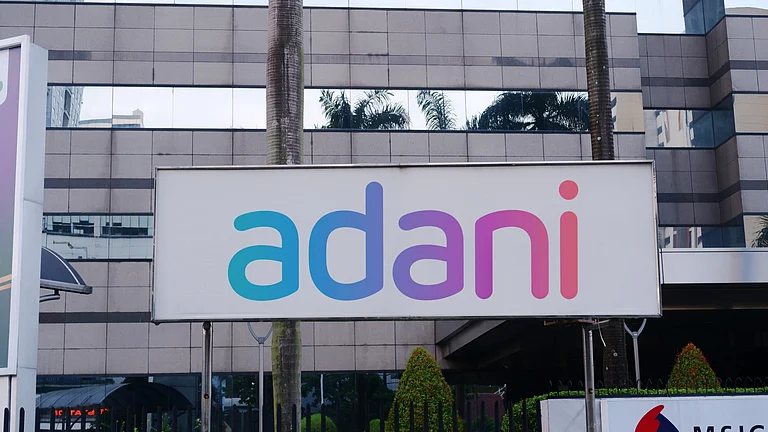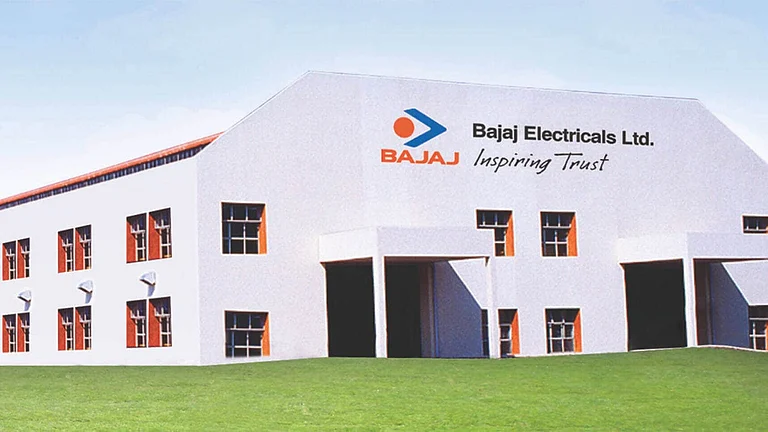Private sector employees will now be able to enjoy tax-free gratuity up to ₹20 lakh at the time of retirement or when they quit their jobs. Earlier this limit was ₹10 lakh.
On March 22 Parliament passed the Gratuity (Amendment) Bill 2017, which empowers the Government to fix the amount of tax-free gratuity for the private sector and the period of maternity leave, through an executive order. The bill proposes to enable the Central Government to update the gratuity ceiling from time to time without needing to amend the law.
Formal sector workers who put in five or more years in an organization of 10 or more people are eligible for gratuity on leaving the job or on superannuation.
From an employee perspective, the legislation would be double the amount of tax-free gratuity payout, said Anil Lobo, India Business Leader – Retirement Practice at Mercer. However, he added that organizations allowing a more generous benefit beyond the statutory limit will not be affected.
After the implementation of the 7th Central Pay Commission, the ceiling for tax-free gratuity for Central Government employees had been increased to ₹20 lakh. It has now been allowed for private sector employees too.
Employee Provident Fund (EPF) is another statutory requirement benefit mandated by the legislation.
“Besides, employers may offer supplementary pension schemes such as superannuation plan and National Pension System (NPS),” said Lobo. “This would not only help build a decent corpus but also help enhance pension payouts. It would be of value particularly when the regular stream of income stops on retirement.”
The Bill was passed in the Rajya Sabha without any discussion. The Lok Sabha had given its approval the previous week.
On the passing of the Bill, PM Narendra Modi tweeted, “A significant pro-people measure passed in Parliament. Will benefit lakhs of Indians.”
Chairman of the Rajya Sabha Venkaiah Naidu said in the Upper House that he had met leaders of various parties and it was decided that the House would take up the crucial Payment of Gratuity (Amendment) Bill as it was of importance to the employees.































